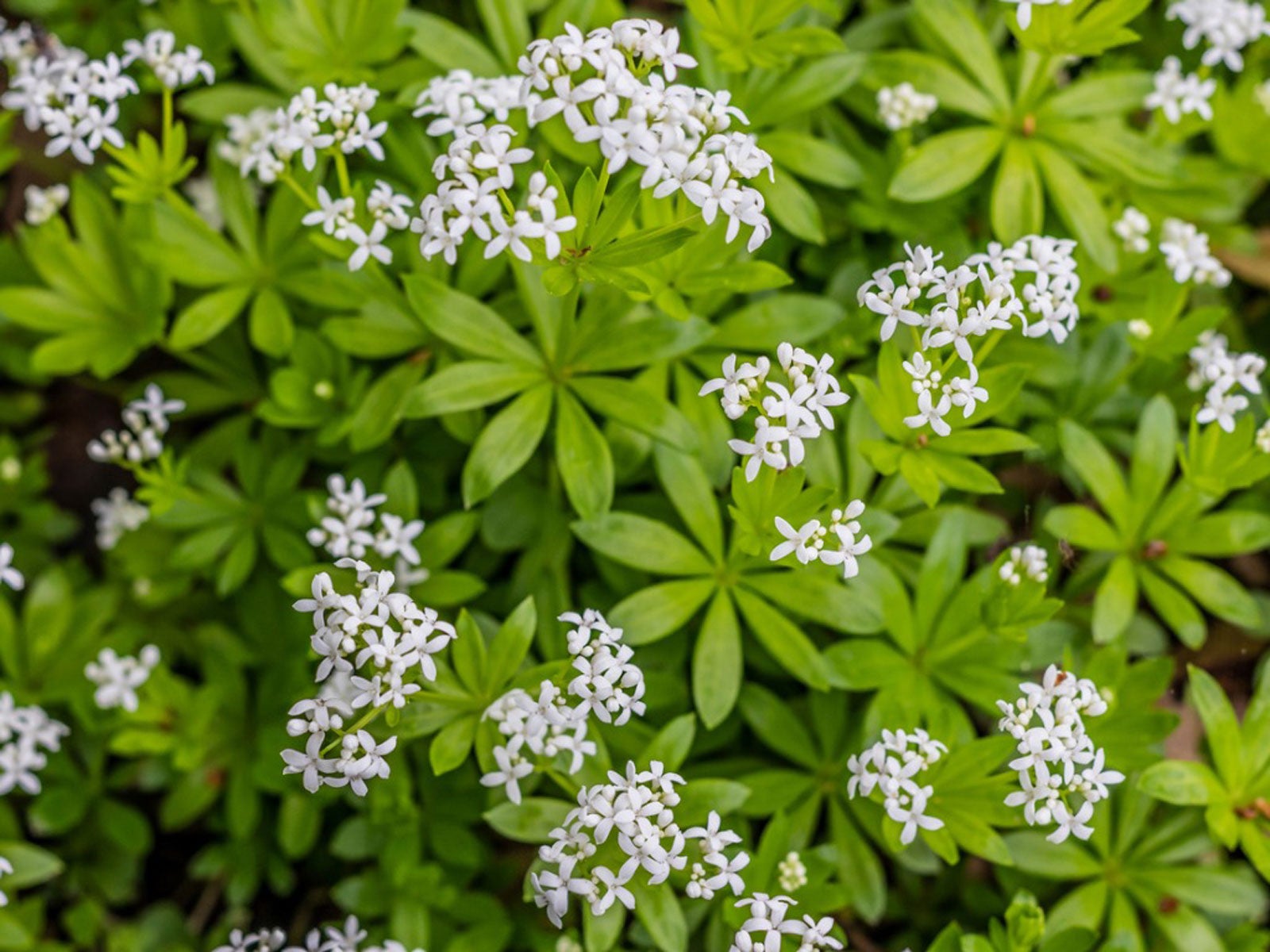Shade Tolerant Herbs For Your Herb Garden


Herbs are generally considered the hardiest of all garden plants. They have relatively few problems with insects and disease and are extremely adaptable. While most herbs prefer to be located in full sun, there are many shade tolerant herbs that can brighten up dull, dark areas of the garden. Shade herbs can make excellent companions for other shade-loving plants like hostas, ferns, and numerous types of bulbs. They make great companions with numerous types of flowering plants as well. Growing herbs for shade is a great way to add color and fragrance to the garden.
Shade Herbs
When growing herbs for shade, it helps to know what herbs will grow in shade. Knowing which herbs are more likely to succeed and understanding their adaptations in shady conditions can increase the chances of success. For instance, while some herbs may require full sun in cooler regions, these same herbs might prefer shady areas in warmer climates. Before choosing shade tolerant herbs for the garden, it's also important to understand the difference between full shade, partial shade, and light shade or partial sunlight.
What Herbs Will Grow in Shade?
Some of the most popular shade tolerant herbs include:
- Lemon balm - Lemon balm grows well in shady areas, especially in dry climates, provided it has adequate drainage.
- Sweet woodruff - Sweet woodruff is great for use in shade, providing excellent ground coverage for dark areas. This shade herb also grows well with bulbs.
- Ginger - Ginger prefers areas of light shade in moist but well-drained soil.
- Chives - Chives also prefer light shade in moist, well-draining soil.
- Parsley - In warmer climates, parsley can be grown in shade.
- Mint - Several varieties of mint also make suitable shade herbs. They do well in lightly shaded areas with adequate moisture and relatively fertile soil.
- Angelica - Angelica plants are also suitable shade herbs.
Growing Herbs for Shade
Shade tolerant herbs also grow taller and lankier as they reach for the sun. However, you can easily keep shade herbs bushier and encourage new growth by pinching back their foliage. It may also help to prune the lower branches of trees to allow more sunlight to peak through. In addition, pruning helps to improve the air circulation of shade herbs. When growing herbs for shade, try to choose herbs that are native to woodland settings. Shade herbs typically require less watering. The majority of shade tolerant herbs prefer moist, humus-rich soil. Amending the soil with organic matter such as compost will help improve the soil quality and ultimate success of the garden. Gardening in the shade doesn't have to be frustrating. Shade herbs can be integrated with other shade-loving flowering plants. Knowing which herbs will grow in shade is key to their success. Choosing and planting shade tolerant herbs is a great way for the gardener with limited sunlight to create diversity within dull areas of the landscape.
Sign up for the Gardening Know How newsletter today and receive a free copy of our e-book "How to Grow Delicious Tomatoes".

Nikki Tilley has been gardening for nearly three decades. The former Senior Editor and Archivist of Gardening Know How, Nikki has also authored six gardening books.